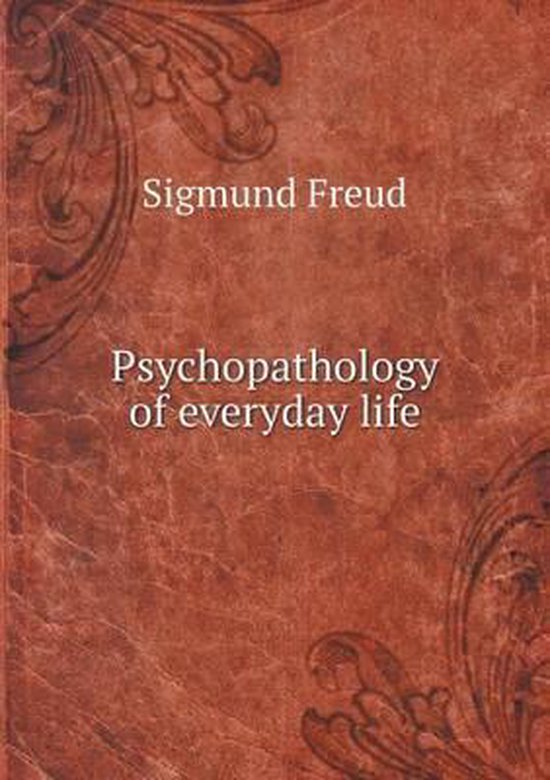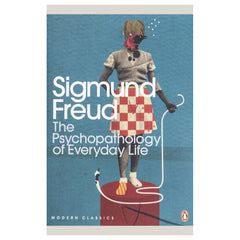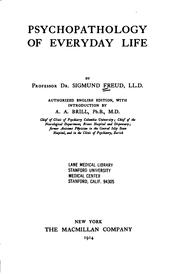

Our errors of judgment acquire a sense of certainty and remain convincing for us, precisely to the extent that they express a repressed content. The use of free will assumes a distinction between conscious and unconscious motivation accordingly, some motor acts are disturbed on account of the unconscious -for example, the loss or destruction of an object that has meaning either in terms of the person who has given it to us or because a symbolic association with something else has been shifted toward this He notes, for example, the forgetting of a proper name, which is linked with a disturbance of a thought, due to an internal contradiction, arising from a repressed source (the name of the painter Signorelli replaced by the names Botticelli and Boltraffio). To belong to this category they must not exceed "the limits of the normal state" and they must "have been previously accomplished correctly."įreud's description emphasizes various aspects of these phenomena: These are mental functions that "cannot be justified by an explanation of the representation of the goal toward which they are directed." This demonstrates the importance of the psychic determinism associated with unconscious desire and rejection.

or it is a more general psychical motive force which is directed against the entire utterance" (p. which comes from something outside the intended utterance and the disturbing elelment is either a single thought that has remained unconscious. The book contains twelve chapters on forgetting (proper names, words belonging to foreign languages, series of words, impressions, and projects) childhood memories and screen memories slips of the tongue (spoken and written) mistakes, clumsiness, symptomatic acts, errors, associations of several "parapraxes" and the determinism of the unconscious, the belief in chance and superstition.Īll these forms of behavior are grouped under the heading of "slips of the tongue": "I almost invariably discover a disturbing influence. He makes use of his knowledge and interest in literature to provide many examples by writers, poets, and dramatists, reinforcing his position by emphasizing their intuitive understanding of the meaning of parapraxis.

He emphasizes the importance in life of displacement, condensation, over-determination, and the creation of compromise formations. The theoretical aspect is practically nonexistent, although Freud does compare the interpretation of everyday life to dream theory, another banal psychopathological phenomenon familiar to everyone.

Everyday psychopathology is discussed with few allusions to infantile sexuality and its impact on adult pathology. He abandons his customary process, that of discussing the normal in terms of the pathological. Freud discusses psychoanalytic matter in the context of everyday life, sidestepping the experience of neurosis. Sigmund Freud's lively book, The Psychopathology of Everyday Life, has some unique characteristics.


 0 kommentar(er)
0 kommentar(er)
